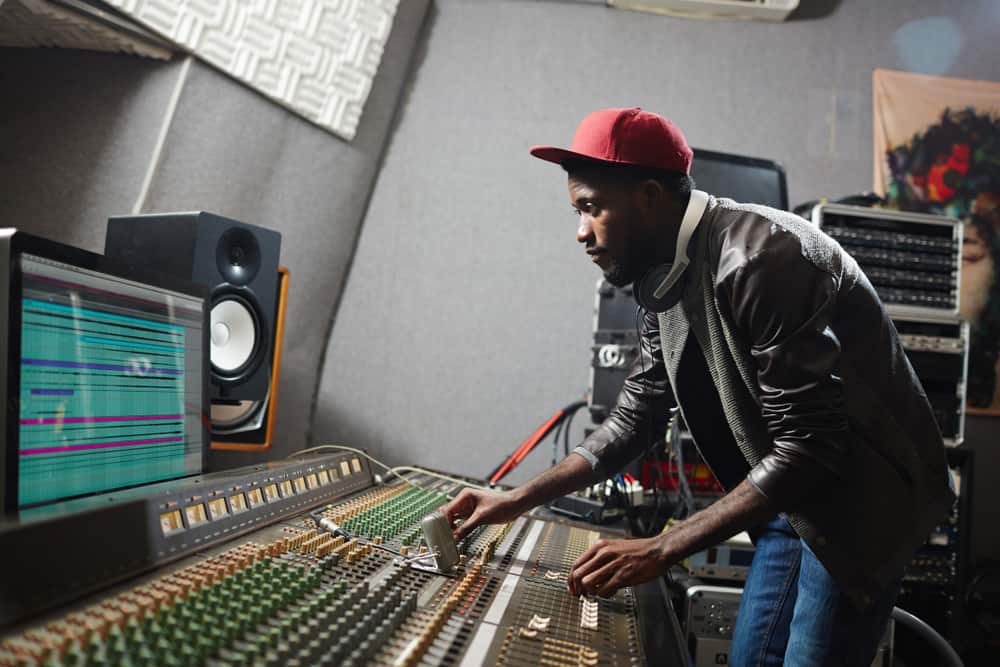Location: Boston, MA
When it comes to Berklee College of Music, there are so many production degrees and certificates available, it’s tough to keep track of them all. In fact, there’s an entire section of the school’s website dedicated to this subject, which is a great sign for prospective students who know they want to produce music, but who might not be sure about exactly where they will fit into the music industry.
For those who want to actually attend classes on campus and get the full college experience (which is suggested, especially at a location like Berklee, where the networking and performances can be almost as excellent as the education itself), the Bachelor of Music in Music Production and Engineering is the best bet.
Some students don’t choose to travel to Boston to live and study, and that’s fine! Berklee has plenty of degrees for potential Producers who are comfortable learning from the comfort of their own home. The renowned college offers a very similar degree to the one listed just above, but solely on the internet.
There is also a much more specialized version that focuses on EDM, a growing field that should interest many young people. Those who love dance tunes may want to investigate the Bachelor of Professional Studies in Electronic Music Production and Sound Design degree.
If a full online degree isn’t what you need, Berklee Online also supplies opportunities for people to take one-off music production courses (perhaps to see if learning completely online is a proper fit) and an incredible 18 certificates that require more than one class, but not nearly enough to secure a full degree.
Those certificates come in three fields: Professional, Advanced Professional and now, Graduate. Within those verticals, there are offerings like Sampling and Sound Design for Electronic Music, Mixing, Mastering, and Production for Visual Media, General Music Studies, Game Audio Design and Production and Creative Recording and Music Production Techniques, to name just a few.
On the graduate front, Berklee College of Music only features one degree, and while it sounds like a rigorous and excellent program, it’s one that might be tough for some to sign up for. The institution has a Masters of Music in Music Production, Technology, and Innovation available, but at the moment, it appears to only be for those willing to travel to Valencia, Spain, where there’s a campus.
On top of all the classes and degrees stated above, Berklee also developed a Music Production and Engineering summer workshop, which could fit perfectly into the schedules of students who are studying something else during the regular year, but who are interested in producing music and learning more.
The sheer number of certificates, degrees, and so forth offered via Berklee does separate the Boston favorite from every other name on this list. The college is known the world over for turning out superstars, including some of the most talented Songwriters, musicians, and yes, Producers. There is so much going on, it’s impossible not to list it first on this ranking.
